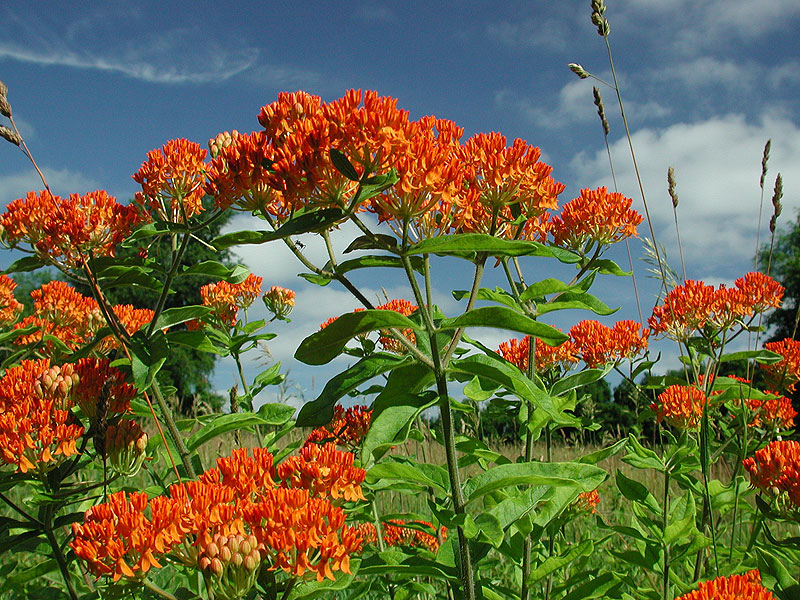I am a scientist. My work requires that I understand atmospheric physics and some chemistry as well as a healthy dose of applied mathematics and statistics. Over the past 25 years I’ve picked up enough climate science that I have a pretty good idea of what’s coming should we choose to maintain the status quo with respect to fossil fuel consumption and carbon dioxide emissions. I am not given to false hopes. I think often of a passage from Dougald Hine’s essay, “What do you do, after you stop pretending?” Hine writes:
‘Changing the world’ has become an anachronism: the world is changing so fast, the best we can do is to become a little more observant, more agile, better able to move with it or to spot the places where a subtle shift may set something on a less-worse course than it was on. And you know, that’s OK – because what makes life worth living was never striving for, let alone reaching, utopias.
There’s a big difference between the task of trying to sustain “civilisation” in its current form … which is what “sustainability” has largely come to mean, and the task of holding open a space for the things which make life worth living. I’d suggest that it’s this second task, in its many forms, which remains, after we’ve given up on false hopes.
Hine’s passage stays with me. We need to hold open that space.
For me, flowers are one of the things that make life worth living. I feel strongly enough about it that I plant wildflowers. I started off some years ago planting New-England-native species but last year I switched my focus to prairie wildflowers. In addition to their beauty and their appeal to bees and other pollinators, I am drawn to their resilience. They put down roots three feet, four feet, or more. They tolerate extreme heat and drought. That, I believe, is significant.
Last summer our Asclepias tuberosa – otherwise known as “butterfly weed” – was in full bloom. Butterfly weed is a cousin of milkweed. It is shorter – a bit above knee height – with small orange star-shaped flowers. It is far and away our most popular flower with the bees and butterflies. One hazy Saturday afternoon in July my four-year-old son and I walked down our garden pathway and sat down between two large patches of it. When we sat the flowers were over our heads. The blossoms were teeming with bees. We watched and listened for a few minutes. In the moments in between the sound of passing cars, the hum of the bees filled the space around us. It was not a dramatic moment but is one which will stay with me.
There’s a big difference between the task of trying to sustain civilization in its current form and the task of holding open a space for the things which make life worth living. When it comes to climate change, we can each find our place on the continuum from comprehension to commitment to action. I may not be at a place in my life where I can engage in civil disobedience in order to block construction of a natural gas pipeline, but I can develop compassion for and be supportive of those who do. And I can make time to plant wildflowers which set deep roots and to sit with my kids and watch the bees.
Preface
For the past few months at Sunday services we’ve had a “Climate Moment”. Someone from the parish speaks for 2-3 minutes on climate change, the implications for our planet, and shares some thoughts on the moral and ethical implications for us as individuals and as well as collectively. A little over a week ago I was asked to speak at yesterday’s service. I didn’t have a specific plan of what to say but Dougald Hine’s essay, “What do you do, after you stop pretending?” immediately came to mind as an organizing theme. I chewed on that for couple days and then, not so coincidentally, I attended a discussion of Laudato si’ organized by the minister from another church in town. It was a an excellent discussion. Good material to draw from. (Among other things, I learned of Cardinal Turkson’s lecture that I noted in the Weekly Digest yesterday.) On top of Hine’s essay and some elements of the Laudato si’ discussion I also wanted to incorporate my take on climate change as a scientist who takes an active interest in the science. I spent a lunch hour drafting text. Suffice it to say that my first draft ran considerably longer than 2-3 minutes but I trimmed it down to the text above.


Nice.
Thanks.
Enjoyed your post. Trying to do my part planting wildflowers for enjoyment and for the bees.